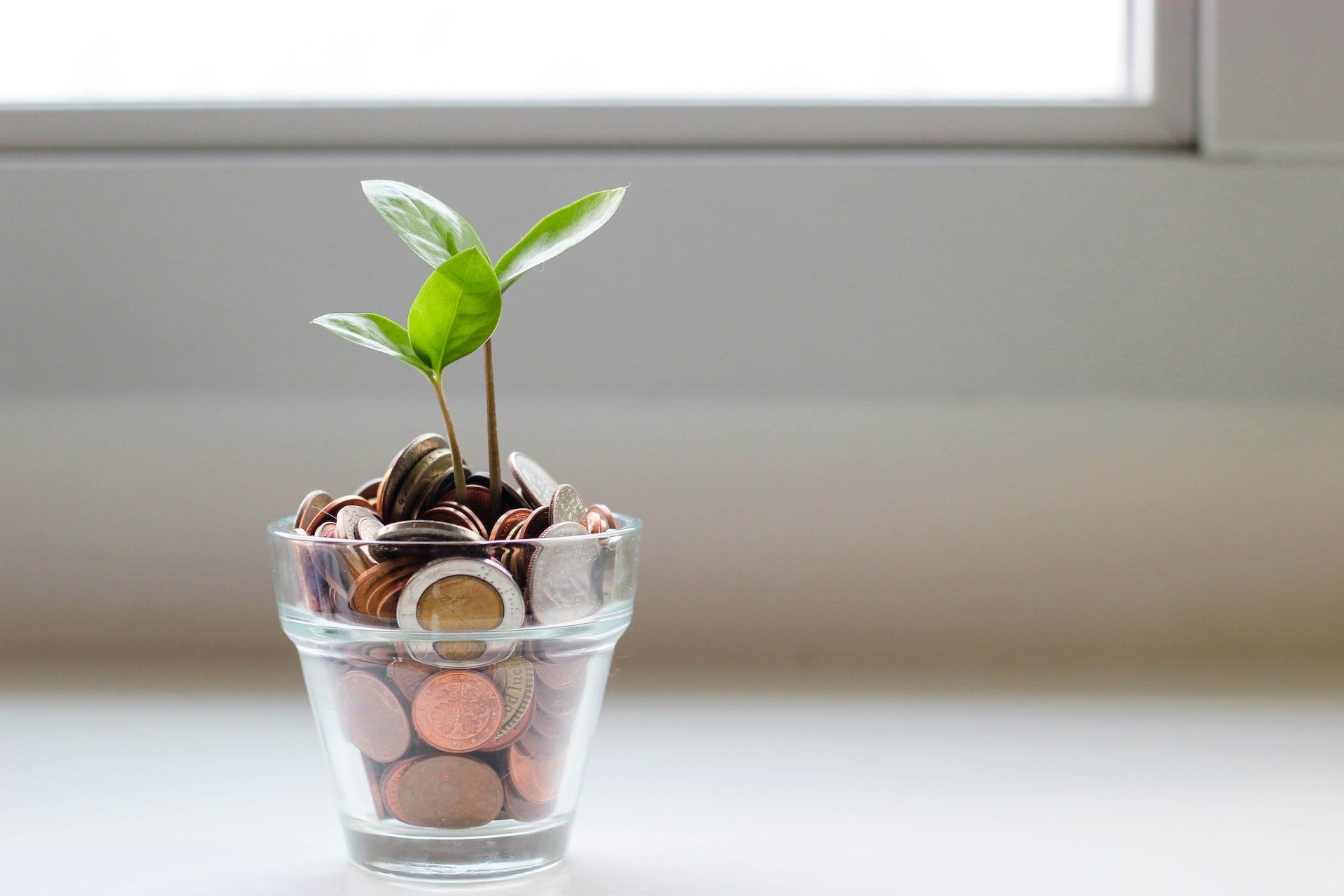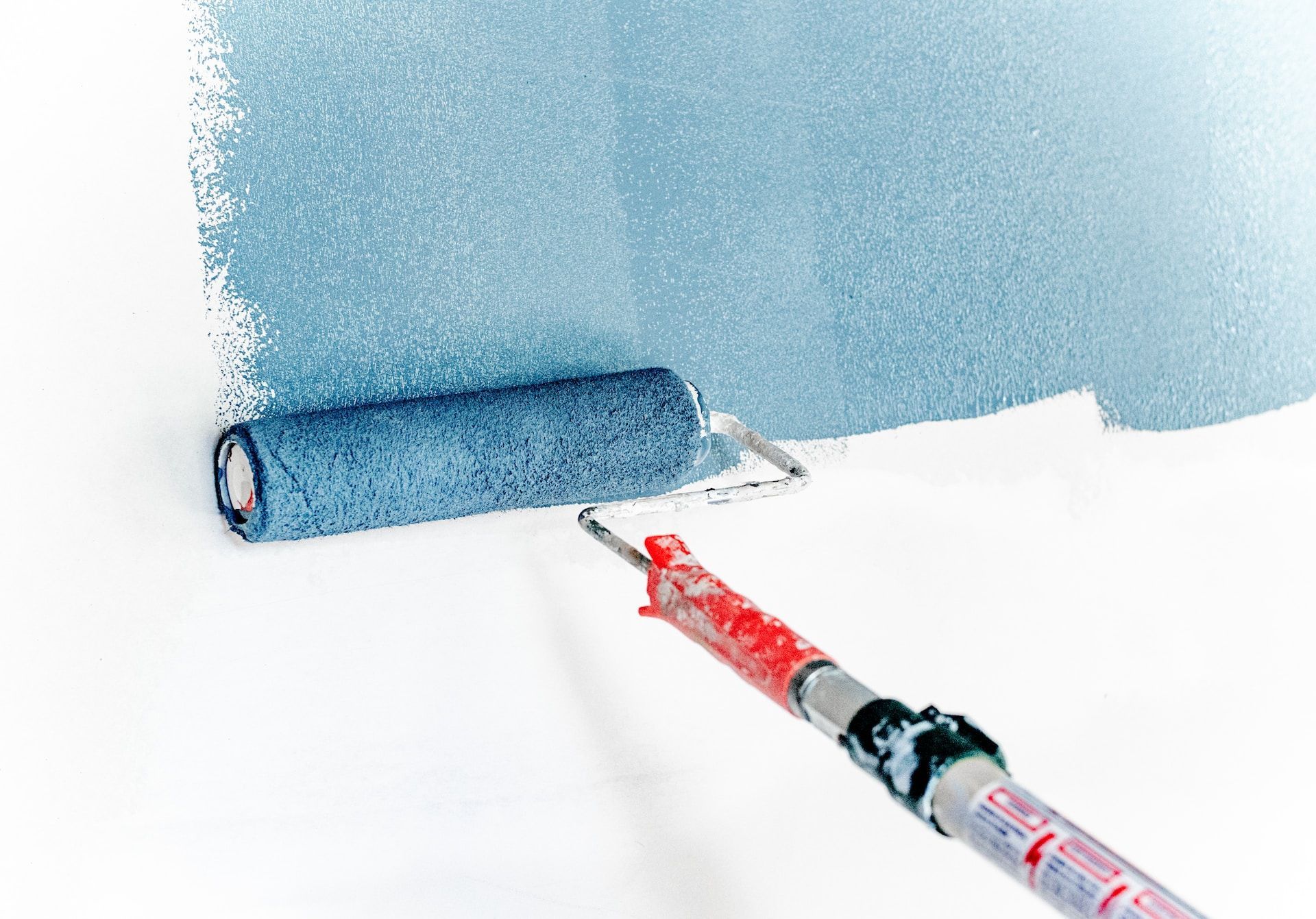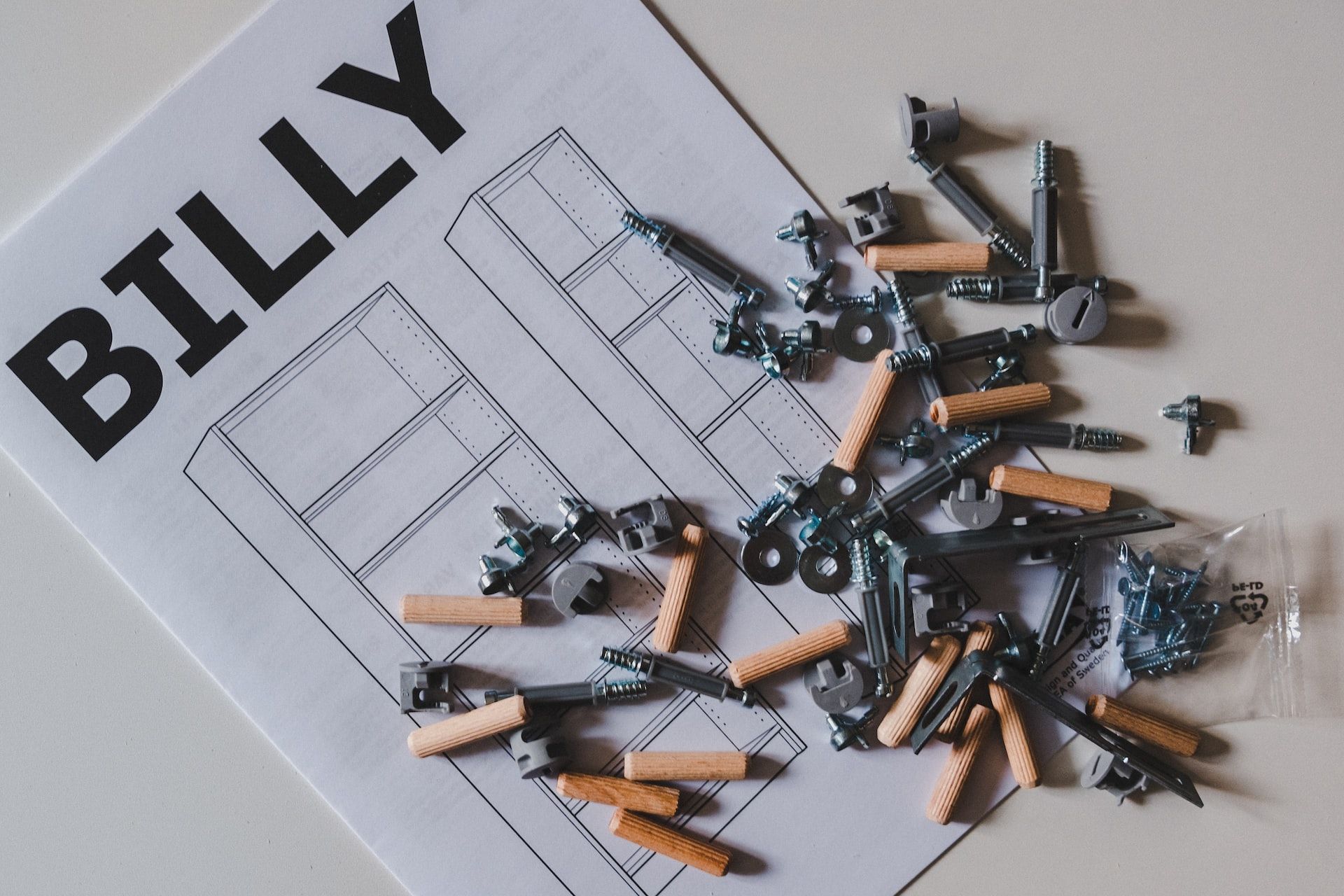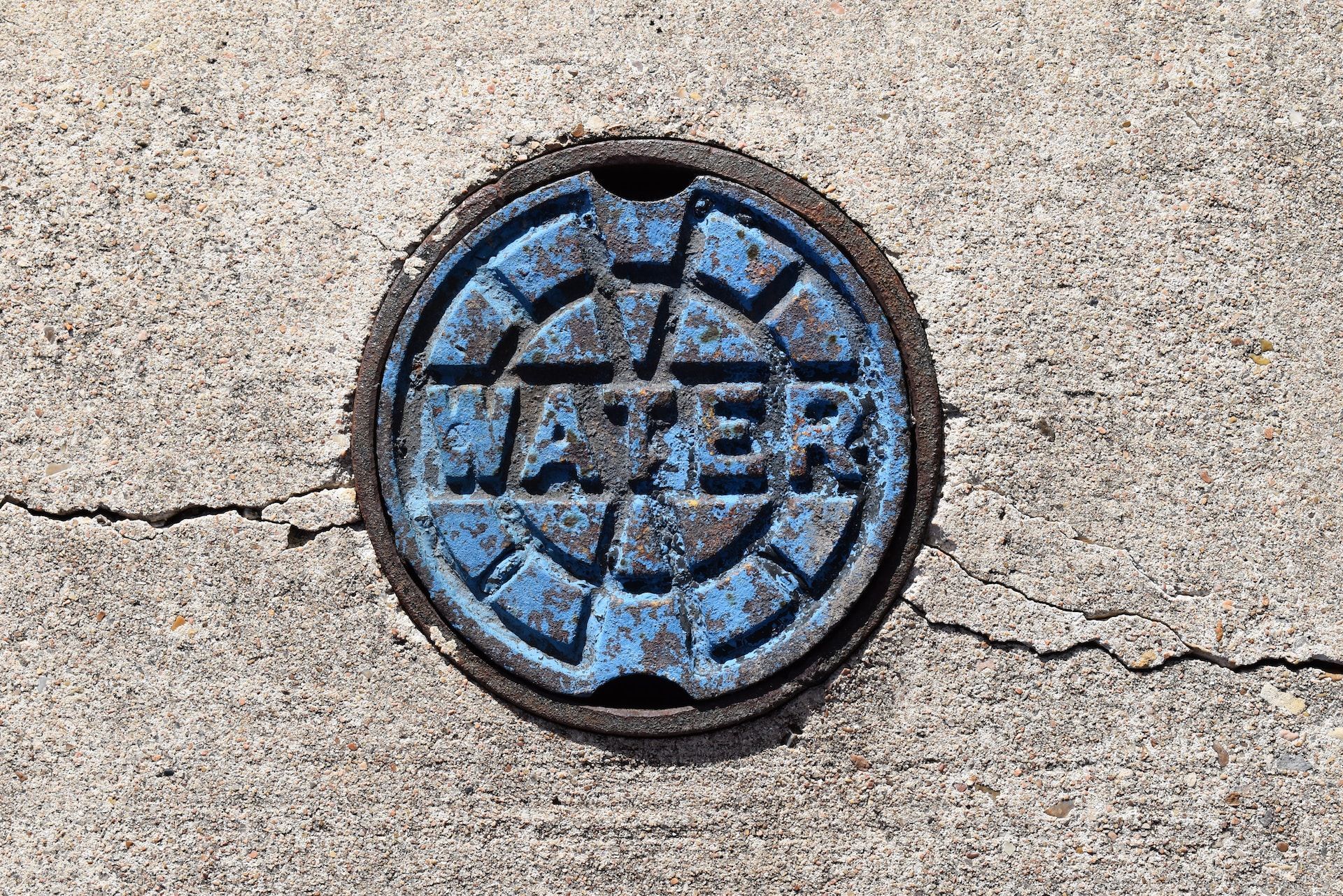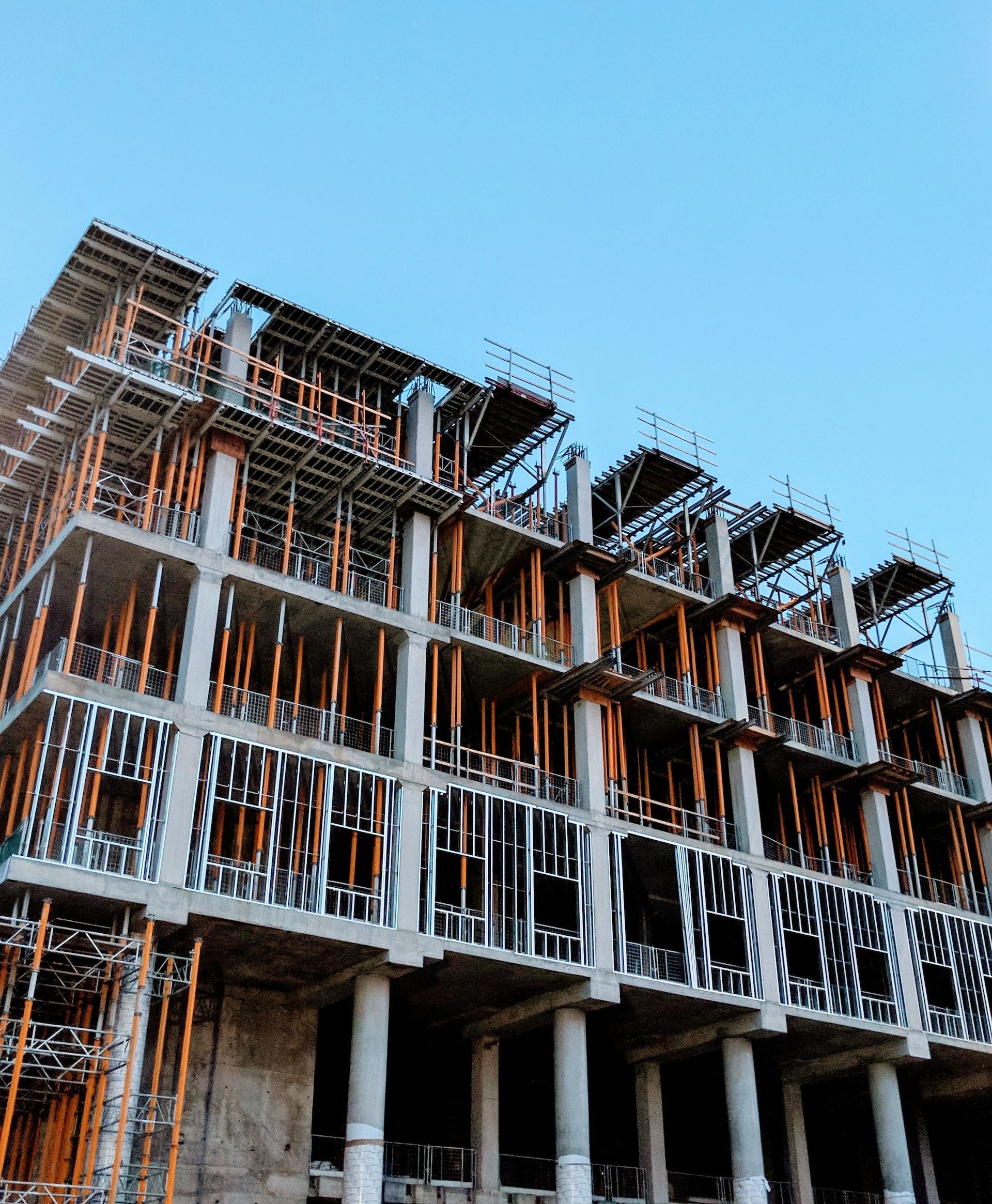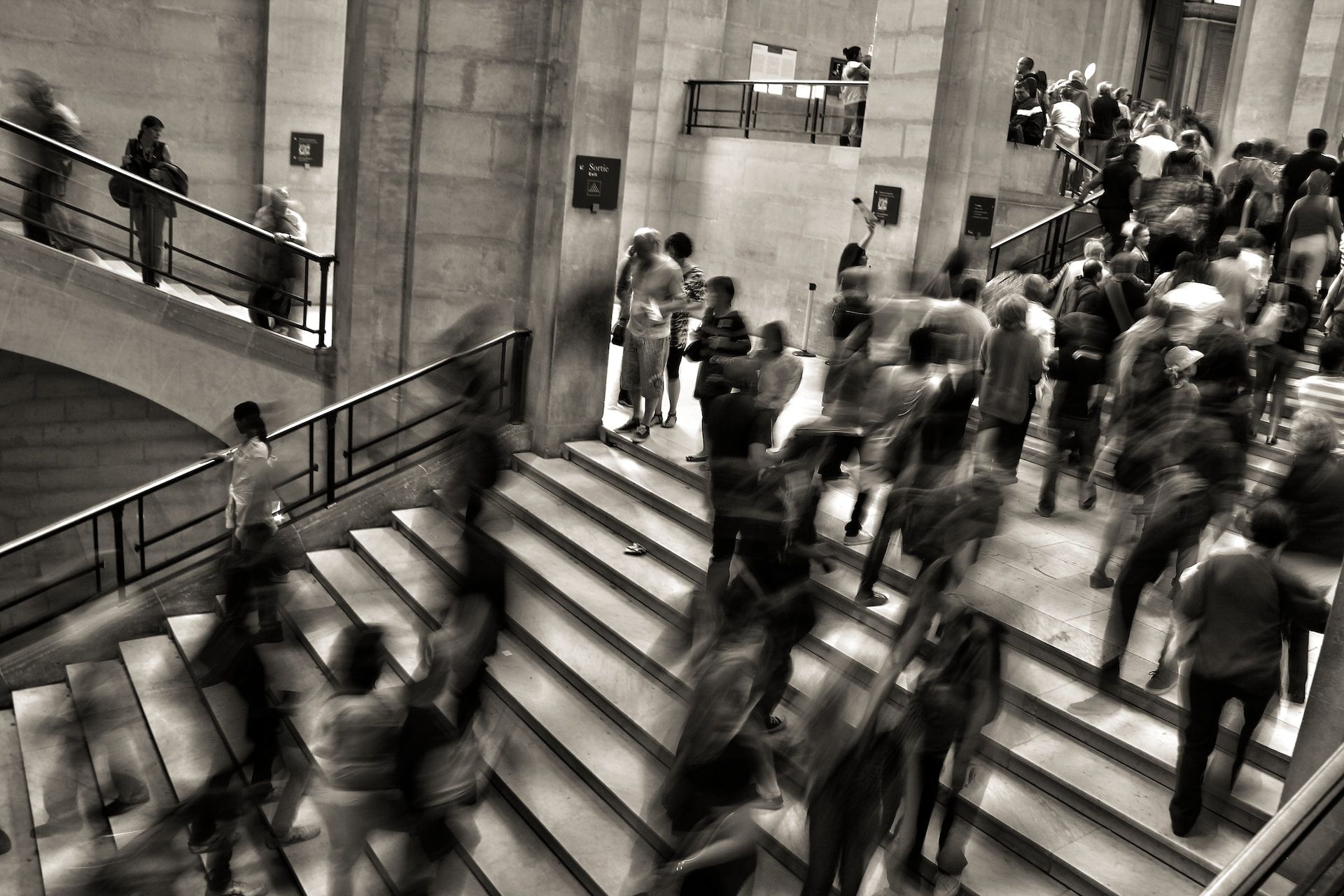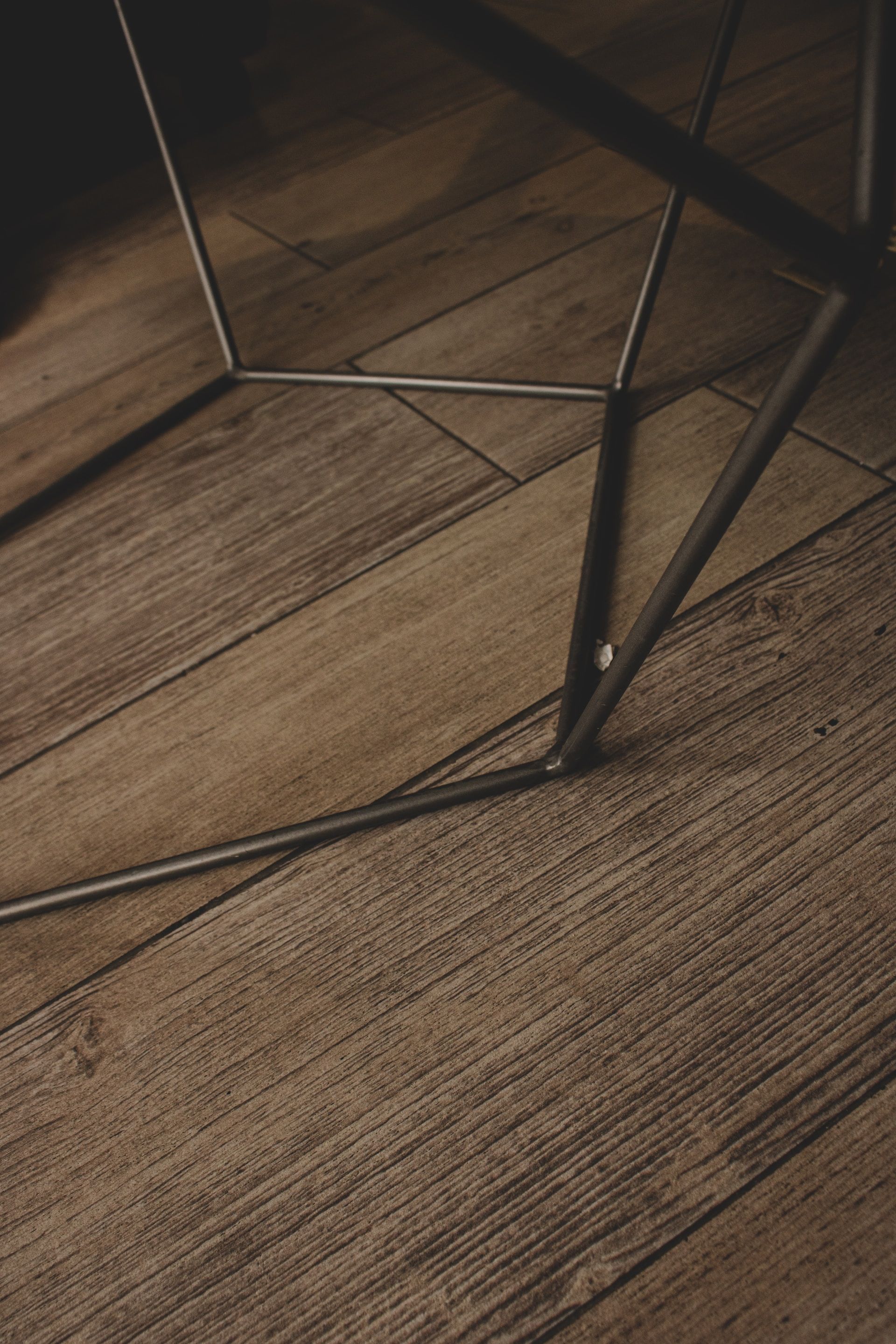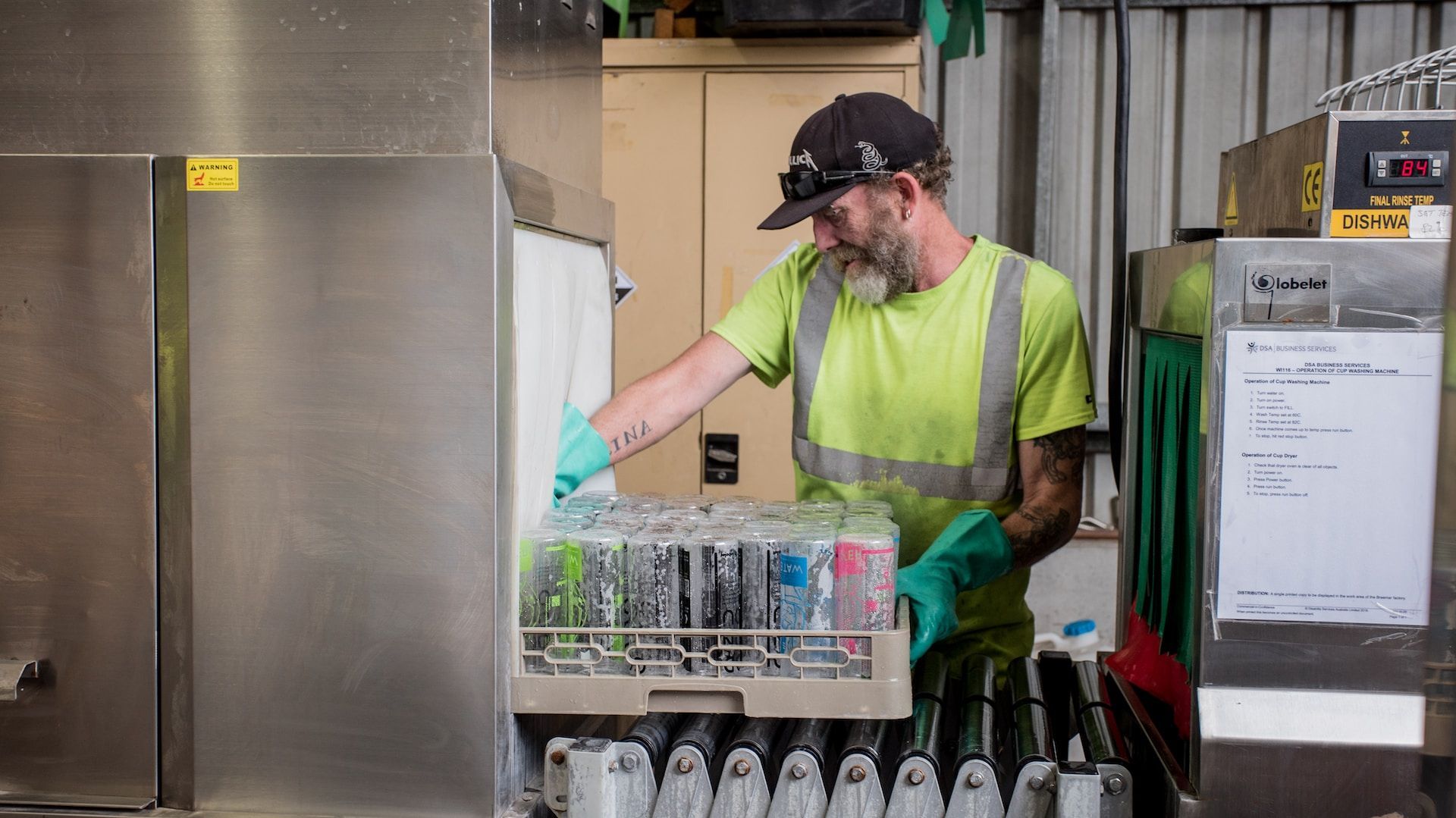Blog Layout
Tips for First Timers
Palm Property Management • March 24, 2021
Getting started is tough, but we've been there!
Renting for the first time is a whole new experience! It's exciting and a little scary, but we can guide you through the leasing process! Here are some tips to take you through and past the leasing process!
At Palm, we try to send your lease at least 24 hours in advance so you have time to review! Let us know if you have any questions, or if you want clarification on your lease agreement! It's really important that you understand what your landlord or property manager is agreeing to, and what our expectations are of you. Are you allowed to have pets? (Probably) Can you smoke inside the home? (Nope) What's required at move-out? The contract also holds the us, your property manager, accountable. It mentions how much notice we give before raising the rent or showing up at your apartment, and provides other stipulations that protect you, the renter. Do yourself a favor and read through it before you sign it; you’ll be glad you did.
2. Renters’ insurance isn’t necessary, but it’s recommended.
There is no law requiring renters to have renters’ insurance, but it is a huge asset. Most plans are reasonably priced, and protect you and your belongings. Some landlords can require renters’ insurance as a stipulation on the lease agreement. Renters’ insurance is similar to homeowner’s insurance, but it covers your personal items. If a flood sweeps through the building or fire ravages your unit, renters’ insurance will cover the cost of your belongings. So even though it’s not always required, it’s a great thing to have— especially since most policies cost less than $15 per month.
3. Furnish and decorate your apartment a little at a time.
When we move into a new home, it is so tempting to go on a shopping spree and fill the apartment with stylish decorations and furnishings. Resist the urge and buy only the apartment essentials. Experts and folks who've moved a lot recommend spending the most money on essentials- your bed, couch, kitchen supplies, etc. From there, purchase additional items a little bit at a time. This way, you'll save money and be able to invest in items that will last you.
4. Save up for a security deposit and move-in fees.
Before you move in, you’ll have to give your landlord a security deposit. The security deposit is usually equivalent to one month’s rent and is typically refundable, though some landlords can have a non-refundable deposit in the lease. There might also be non-refundable fees, including administrative and re-key fees. Save up for these fees and any others your landlord may require upon move in.
5. Can you renew the lease after the contract is up, or can you rent on a month-to-month basis?
When renting your first home or apartment, one important thing to consider is whether or not you can renew your lease when the original one you signed expires. Some landlords plan on selling or moving into the property and will only rent it for a specified time period. Others are willing to rent it out as long as the tenant is willing to pay. Find out what your options are before signing the lease so you have an idea of how long you’ll be able to stay there.
6. You’ll have to compromise on some things, but you should also know what is a must-have.
Let’s face it, your first apartment might not be exactly what you want. Sometimes, you have to make compromises. Maybe you wanted stainless steel appliances but the ones in your first apartment’s are white. Your ideal apartment had hardwood floors, but the floors here are laminate. While these are minor things you can likely overlook, some things are non-negotiables.
Knowing these things can help you keep you protected! Make sure you ask as many questions as you need to!

